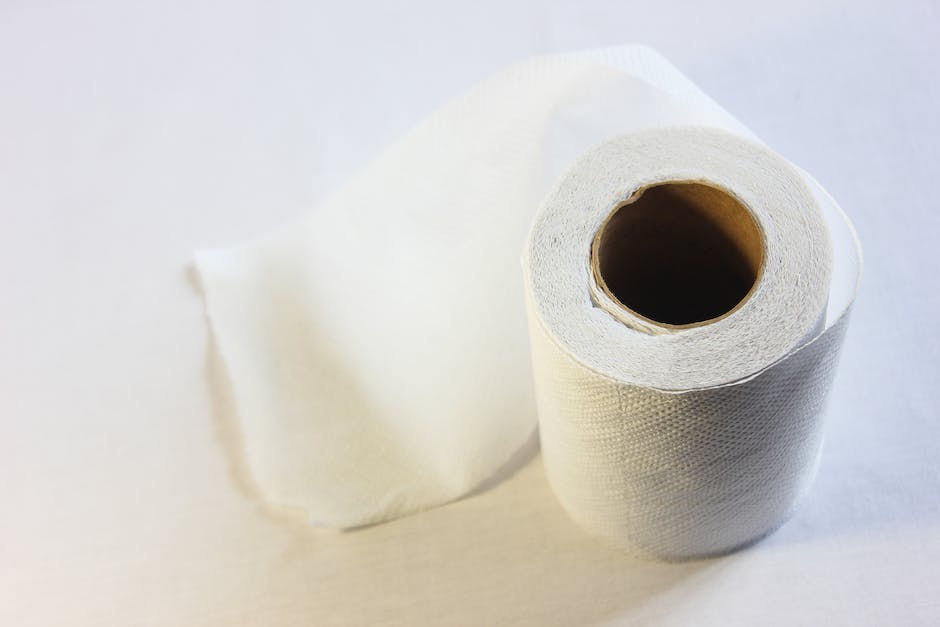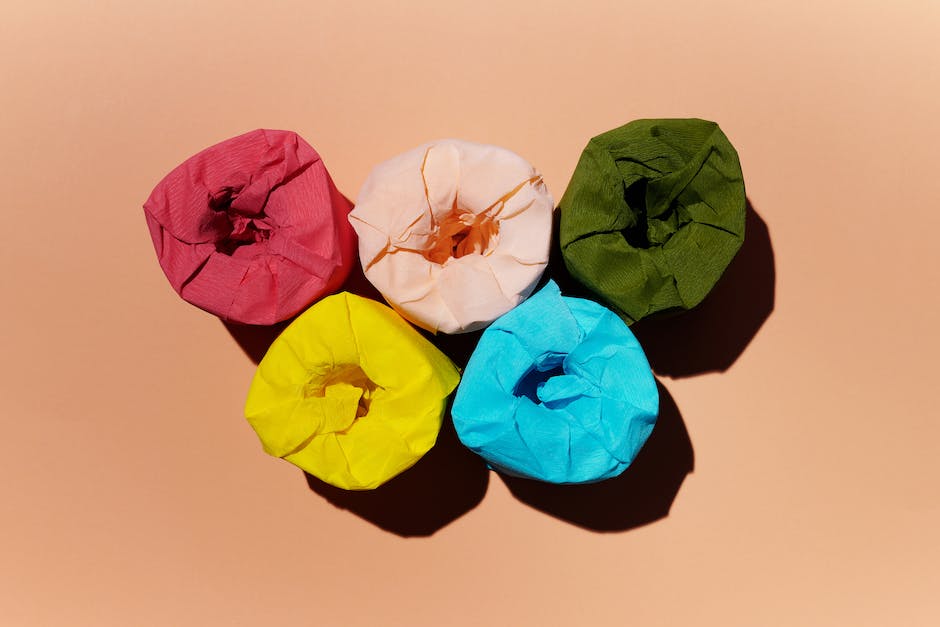If you’re experiencing itching and a toilet paper-like discharge, it’s most likely due to a condition called vaginitis. Vaginitis is inflammation or irritation of the vagina that can be caused by a number of things, including infection, allergies, or chemical irritation. While it can be annoying and uncomfortable, vaginitis is usually not serious. There are a number of treatments available that can help to relieve the symptoms.
The most likely cause of toilet paper like discharge and itching is a yeast infection. Yeast infections can be caused by a number of things, such as taking antibiotics, pregnancy, or diabetes. Symptoms of a yeast infection include itching, burning, and a thick, white discharge that looks like cottage cheese.
Table of Contents
Why does my discharge look like pieces of toilet paper?
If you’re experiencing thick, white, clumpy discharge that resembles wet toilet paper, it’s possible you have a vaginal yeast infection. Other symptoms of a yeast infection can include itching, painful sex, and irritation around the vulva. If you think you might have a yeast infection, it’s important to see your doctor or healthcare provider to confirm the diagnosis and get started on treatment. Yeast infections can be treated with antifungal medications in creams, ointments, tablets, and suppositories.
Yeast infections can cause a number of uncomfortable symptoms, including: curdy, white vaginal discharge, itching and/or redness in the genital area, and sores in the genital area that look like paper cuts. If you’re experiencing any of these symptoms, it’s important to see your doctor for a diagnosis and treatment.
How do you stop toilet paper irritation
If you’re experiencing irritation from your toilet paper, it could be because it’s too thin or too rough. The best toilet paper for irritation is a toilet paper with a drop of soothing lotion like Charmin Ultra Gentle. This toilet paper is designed to be gentle on your skin, and the added lotion will help to soothe any irritation you may be experiencing.
If you experience any vulvitis symptoms after using a new type of toilet paper, it’s possible that you’re allergic to a fragrance or other chemical used in the product. To be safe, switch to a different brand of toilet paper and see if your symptoms improve.
Will a yeast infection go away on its own?
If you’re experiencing a yeast infection, there’s no need to worry – most of them are not serious. However, the itching can be quite severe, so it’s important to seek treatment if you’re struggling to cope. Left untreated, the infection will eventually clear up on its own, but it may take some time. In the meantime, there are several over-the-counter treatments that can help to ease the symptoms.
This is a common symptom of a vaginal yeast infection.
How do you tell if I have a yeast infection or STD?
If you have any of the following symptoms, you may have a yeast infection or an STD and you should see a doctor as soon as possible:
-Vaginal or vulvar itching, soreness, and irritation
-A burning feeling during sex or urination.
If you have a yeast infection, it is important to avoid scratching the affected area. Scratching can make the irritation worse and can also cause cuts in the skin, which can lead to further infection. There are over-the-counter creams that can be used to help relieve the irritation.
Why did I randomly get a yeast infection
If you don’t practice regular hygiene, you’re putting yourself at risk for chronic yeast infections. A damp environment is also a breeding ground for yeast, so if you have a weakened immune system, you’re even more susceptible to infections. Make sure you’re taking care of yourself and your environment to avoid any health problems down the road.
It is important to know that the so called “toilet infection” is not actually acquired from the use of dirty toilets. The infection is instead a result of the distortion in the bacteria and yeasts flora of the vagina, which leads to an disproportionate increase in the number of these organisms in the vagina. This can then cause inflammation.
Can toilet paper cause thrush?
It’s important to be aware that scented toilet paper can contain chemicals that may disrupt the normal pH of your vagina. This can potentially lead to a yeast infection. If you’re concerned about this, be sure to choose unscented toilet paper.
Vulvar eczema can have a number of different appearances, depending on the severity of the condition. In its mildest form, the vulva may simply appear swollen and red, with no other obvious symptoms. In more severe cases, the vulva may be darker than the surrounding skin, and you may also have bumpy skin or scaly white patches. No matter what vulvar eczema looks like in your particular case, it is almost always accompanied by irritation and discomfort. If you think you may have vulvar eczema, it’s important to see a doctor so that you can get the treatment you need to find relief.
Why is it so itchy and irritated down there
There are a few different things that can cause vaginal itching. One of the most common causes is an infection, like bacterial vaginosis, a yeast infection, or an STI. Menopause-related hormonal changes, diabetes, or skin conditions are other possible causes. If you’re experiencing vaginal itching, it’s a good idea to see your doctor to figure out what the cause might be.
If you are using toilet paper to wipe, make sure it is moistened to avoid irritating your skin. You should also wipe from front to back to avoid introducing bacteria into your urethra. If you have a bidet or rinse bottle, you can use that to rinse yourself clean. Otherwise, make sure you don’t wipe too aggressively or excessively. Wear an incontinence pad if necessary.
How long until a yeast infection is fully gone?
There are a few factors that come into play when determining how long a yeast infection will last. The severity of the infection and the way it is treated are the two biggest factors. Mild yeast infections may clear up in as few as three days, but more severe infections can take up to two weeks to clear.
The topic is about how to relieve itchiness. The first tip is to not wear nylon or other fabrics that hold body heat and moisture close to the skin. The second tip is to try sleeping without underwear. The third tip is to not scratch. The fourth tip is to relieve itching with a cold pack or a cool bath.
What is the fastest way to get rid of a yeast infection
The fastest — and most reliable — way to get rid of a yeast infection is to visit a doctor if you suspect you have one They will likely prescribe fluconazole, an oral treatment that may take 1 week to get rid of the infection.
Infections can cause a wide range of symptoms, from mild to severe. It’s important to be aware of the signs and symptoms of infection so you can seek medical treatment early.
Fever is a common symptom of infection, but it’s not always present. Other signs and symptoms include chills and sweats, change in cough or a new cough, sore throat or new mouth sore, shortness of breath, nasal congestion, stiff neck, and burning or pain with urination.
If you think you may have an infection, see your doctor as soon as possible. Early treatment can help prevent the infection from getting worse.
Conclusion
If you are experiencing discharge that is similar to toilet paper, as well as itching, it is possible that you are suffering from a vaginal infection. Some common causes of vaginal infections include yeast infections, bacterial vaginosis, and trichomoniasis. It is important to see a doctor if you are experiencing these symptoms, so that they can properly diagnose the cause of the infection and prescribe the appropriate treatment.
There are many potential causes of discharge and itching in the genital area. One possible cause is an infection such as vaginal thrush. Another possibility is an allergic reaction to something that has come into contact with the skin, such as a new laundry detergent or soap. If the symptoms are severe or persist for more than a few days, it is advised to see a doctor for a diagnosis and treatment.
